Since the early 1990s, conversations about healthcare reform have taken place almost entirely in the future tense. Transformational change was desired but distant, interminably stalled by divisive politics and endless disagreements about what a new healthcare model should look like. A reformed system remained a hypothetical scenario; something that might happen someday.
Now it’s 2015, and if you’re still talking about reform in the future tense, you may soon find your organization being referred to in the past tense.
The revolutionary change that once seemed so distant is now a reality. As methodologies and incentives rooted in value and shared risk are beginning to replace traditional reimbursement models, it is increasingly clear that value-based care is not merely a trend.
This landscape is far from settled, and debates about how to define – let alone achieve – value-based care delivery are as heated as ever. But there’s no disputing the fact that the economic foundation of healthcare is shifting, and organizations that proactively adapt to this new environment are the ones that will not only endure but thrive.
To help our clients navigate the transition from volume to value, ECG created a framework based on five foundational attributes that will characterize the successful value-based enterprise. Thriving organizations will be optimally integrated (clinically and financially), scaled, rationalized, informed, and responsive.
Integrated
Care delivery has historically been segmented into autonomous compartments. But a truly integrated system does not encourage departmental or organizational silos, instead breaking down these barriers to promote clinical, financial, operational, technological, and cultural alignment.
Scaled
Health systems that are scaled can support services and initiatives that individual organizations or provider groups cannot. Economies of scale enable systems to spread overhead across a larger revenue base, strategically utilize resources and deploy capital, and succeed in more dynamic contracting models.
Rationalized
Consolidation has led to clinical congestion and redundancy for systems that acquire operations with overlapping markets and services. An effective rationalization strategy enables a health system to contain costs, maximize resources, and enhance the efficiency of care delivery.
Informed
Informed organizations are sophisticated in understanding what type of data they need. More importantly, they have a clear vision for converting data into actionable information that they can leverage in making clinical, operational, financial, strategic, and technological decisions.
Responsive
Chasing change never allows you to get ahead of it, never mind lead the way. In the value-based healthcare environment, leading organizations will demonstrate the ability to anticipate and respond to change.
Over the next several weeks, we’ll take a closer look at each of these attributes. In a series of conversations with ECG leaders, we’ll explore the value-based enterprise in greater depth and discuss how organizations can get the right strategies in place to achieve these attributes.

